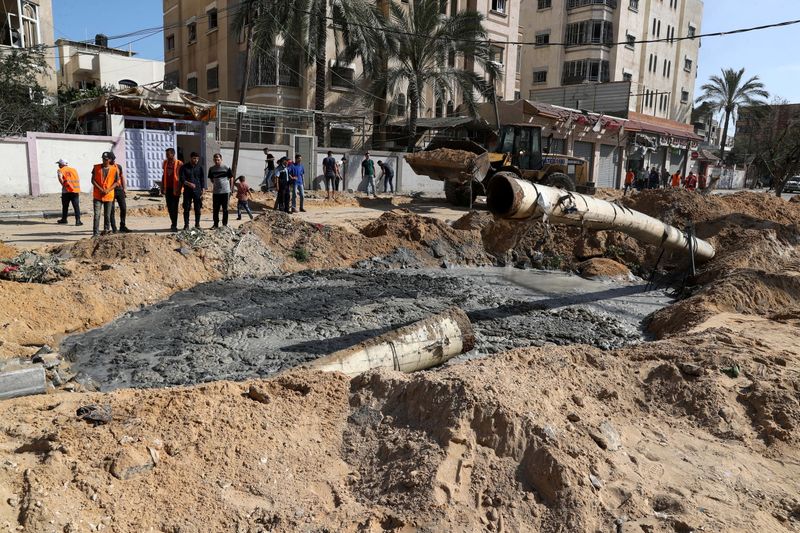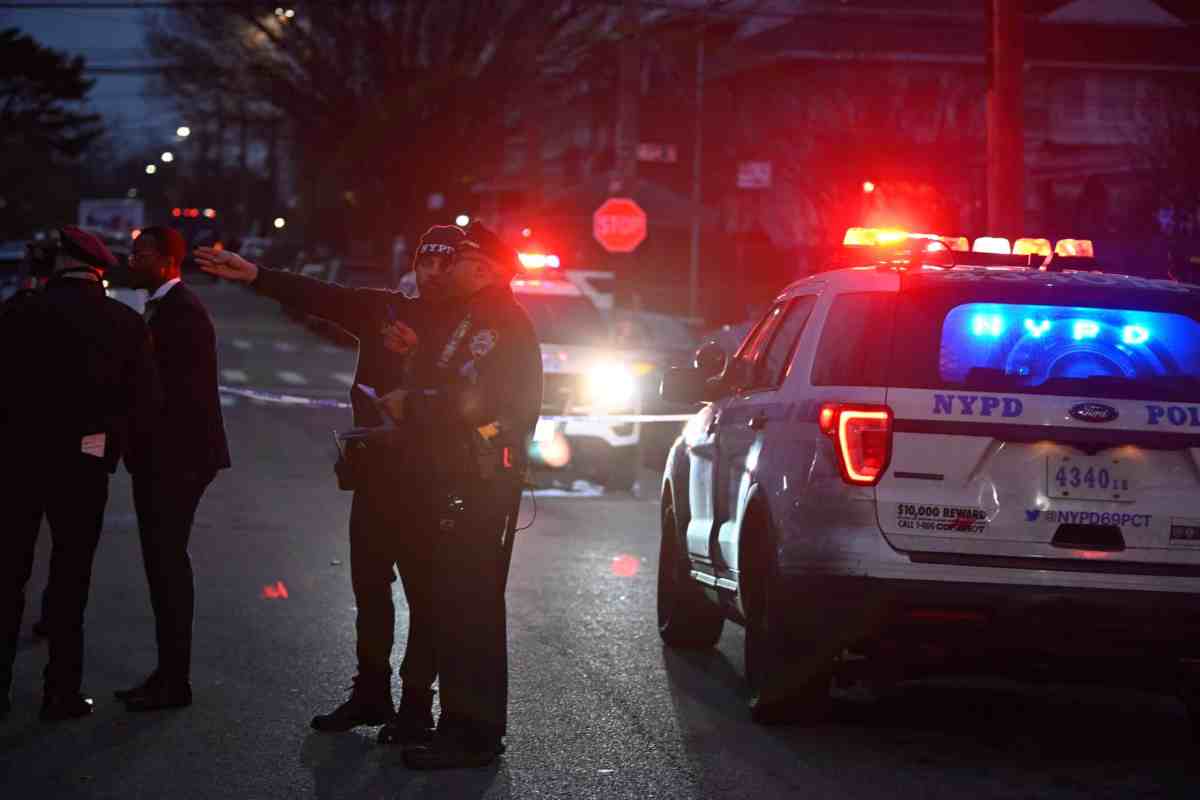By Aidan Lewis
CAIRO (Reuters) -World Health Organization officials called on Thursday for a humanitarian pause in Israel’s bombardment of Gaza to allow access for aid as the health system in the Palestinian enclave faces critical shortages.
“Until there is ceasefire agreed, all parties to the conflict must agree to a humanitarian pause to ensure access into and out of Gaza,” WHO head for the West Bank and Gaza Rik Peeperkorn told a media briefing.
A United Nations convoy is ready to carry into Gaza humanitarian staff and aid – including 10,000 Sinopharm coronavirus vaccines and testing equipment – and to bring wounded people out, as soon as it could get access.
“That we cannot move in because of prevailing security conditions is incredibly frustrating,” Peeperkorn said.
International aid group Medicins Sans Frontieres (MSF) said on Thursday it had again been denied permission to cross from Israel into Gaza.
“The health system, which faces shortages even when there’s no bombing, is out of key materials to treat the injured such as blood bags,” MSF said.
Since fighting began on May 10, health officials in Gaza say 230 Palestinians, including 65 children and 39 women, have been killed and more than 1,700 wounded in air and artillery bombardments.
“The closure of entry and exit points for patients and humanitarian health teams and the severe restrictions on the entry of medical supplies is exacerbating this public health crisis,” WHO regional director Ahmed Al-Mandhari said.
“The severity of injuries is straining an already overwhelmed health system that is facing critical shortages of essential medicines and supplies while also battling the COVID-19 pandemic.”
In the occupied West Bank, medical teams had faced obstruction and beatings, detention of ambulances, and incursion into health facilities, Mandhari added.
In Gaza, 24 health facilities have been damaged, with power outages complicating the situation and three water desalination plants serving 400,000 people out of service, according to the WHO.
(Additional reporting by Nadine Awadalla and Denis Balibouse; Editing by Kevin Liffey and Angus MacSwan)

















